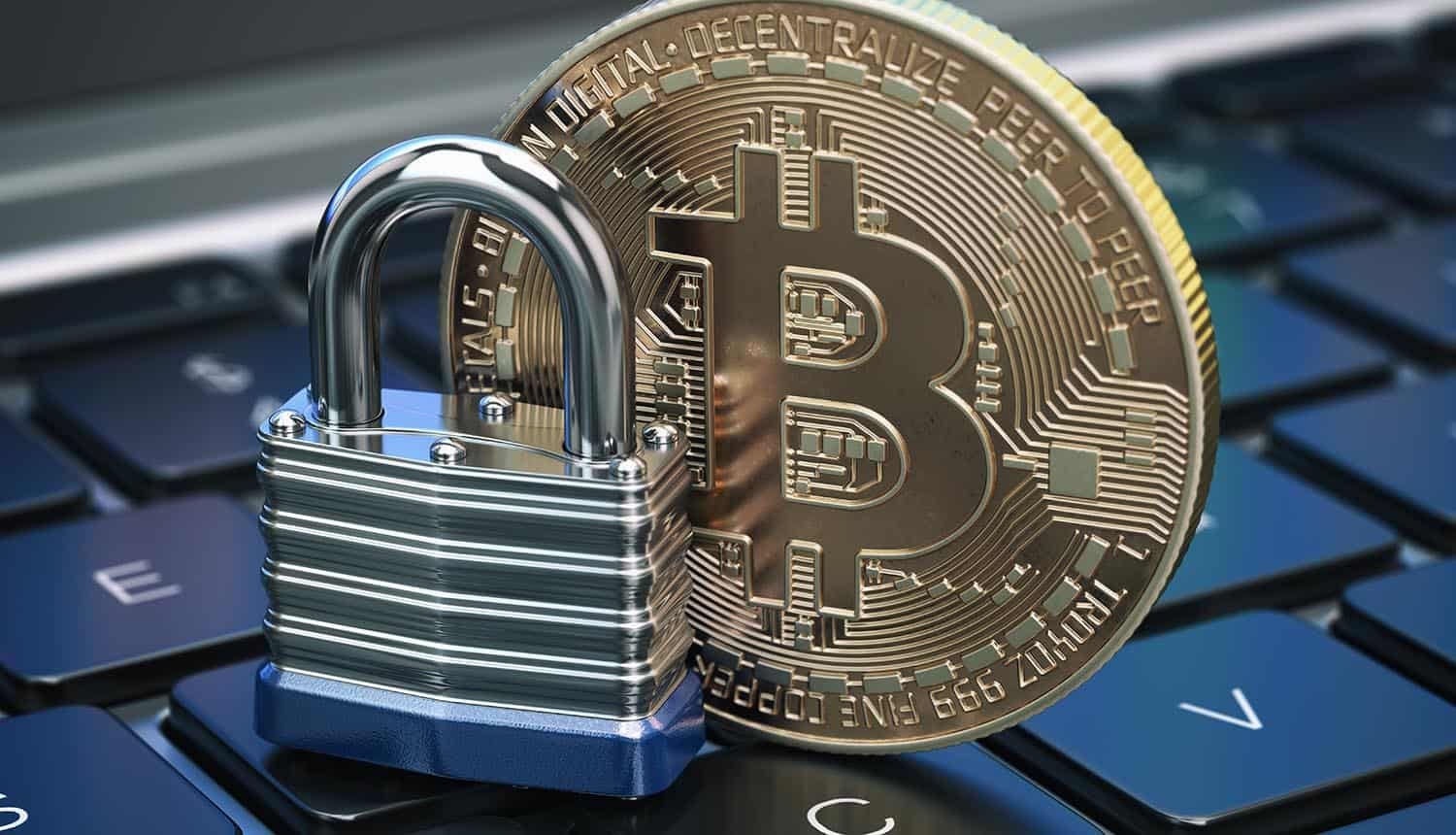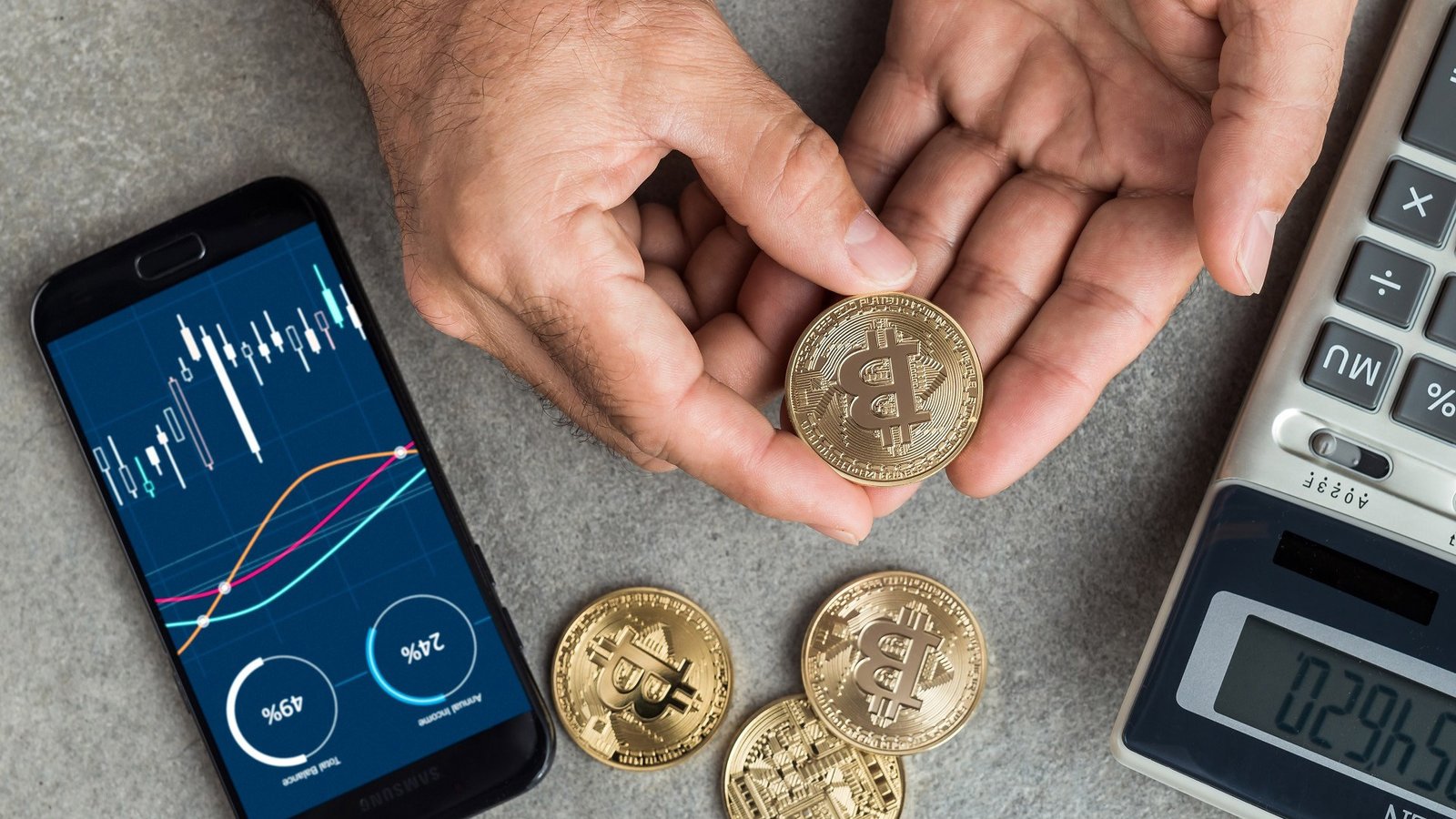The cryptocurrency landscape continues to evolve at breakneck speed, and with it comes an ever-changing array of security challenges that every Bitcoin holder must navigate. Recent bitcoin wallet security news has highlighted both alarming vulnerabilities and innovative protection methods that could make or break your digital asset portfolio. From sophisticated phishing attacks targeting popular wallet applications to groundbreaking multi-signature authentication systems, the world of Bitcoin wallet security remains more dynamic than ever before.
As we advance through 2025, staying informed about the latest bitcoin wallet security news isn’t just recommended—it’s essential for anyone serious about protecting their cryptocurrency investments. The past year has witnessed unprecedented growth in both Bitcoin adoption and the sophistication of cybercriminals targeting digital wallets. Understanding these developments and implementing robust security measures has become the difference between financial security and devastating losses.
Breaking Bitcoin Wallet Security News in 2025
Major Security Vulnerabilities Discovered This Year
The cryptocurrency community has been shaken by several high-profile security discoveries in 2025. Security researchers have uncovered critical vulnerabilities in popular wallet applications, affecting millions of users worldwide. These findings have prompted urgent updates and reinforced the importance of maintaining current software versions.
One particularly concerning discovery involved a zero-day exploit in a widely-used mobile wallet application. The vulnerability allowed attackers to potentially access private keys through a sophisticated side-channel attack. While the issue was quickly patched, it served as a stark reminder that even reputable wallet providers aren’t immune to security flaws.
The incident prompted the Bitcoin development community to implement more rigorous security auditing processes. Leading wallet providers have since increased their bug bounty programs, offering substantial rewards for researchers who identify potential vulnerabilities before malicious actors can exploit them.
New Phishing Techniques Targeting Bitcoin Users
Cybercriminals have dramatically evolved their approaches to targeting Bitcoin wallet users. Recent bitcoin wallet security news has revealed increasingly sophisticated phishing campaigns that mimic legitimate wallet interfaces with alarming accuracy. These attacks often combine social engineering tactics with technical sophistication, making them particularly dangerous for unsuspecting users.
One notable trend involves fake wallet update notifications sent through seemingly legitimate channels. Attackers create convincing replicas of official wallet applications, complete with authentic-looking interfaces and security features. Users who download these malicious applications inadvertently provide attackers with direct access to their private keys and seed phrases.
Security experts emphasize the importance of only downloading wallet applications from official sources and verifying digital signatures before installation. The rise of deepfake technology has also enabled more convincing video testimonials and promotional materials for fraudulent wallet services.
Current Bitcoin Wallet Security Threats and Analysis

Hardware Wallet Vulnerabilities Under Scrutiny
While hardware wallets have long been considered the gold standard for Bitcoin security, recent research has revealed potential weaknesses in some popular devices. Security analysts have demonstrated that certain hardware wallets may be vulnerable to physical attacks when an attacker has direct access to the device.
These findings don’t diminish the overall security advantages of hardware wallets, but they do highlight the importance of proper physical security. Users should store their hardware wallets in secure locations and consider additional protective measures such as tamper-evident seals and secure storage solutions.
The hardware wallet industry has responded proactively to these discoveries, implementing enhanced security features and improving their manufacturing processes. Leading manufacturers have introduced new models with improved tamper resistance and more robust security architectures.
Social Engineering Attacks on the Rise
Social engineering remains one of the most effective methods for compromising Bitcoin wallet security. Attackers increasingly target users through sophisticated psychological manipulation techniques, often exploiting current events or trending topics to create urgency and bypass rational decision-making.
Recent campaigns have involved attackers impersonating customer support representatives from major cryptocurrency exchanges and wallet providers. These fraudsters contact users claiming to help with account security issues, ultimately tricking victims into revealing sensitive information or transferring funds to attacker-controlled addresses.
The emergence of artificial intelligence has enabled more convincing voice cloning and text generation, making it increasingly difficult for users to distinguish between legitimate and fraudulent communications. Security-conscious users must develop a healthy skepticism toward unsolicited contact and always verify the authenticity of support requests through official channels.
Advanced Protection Strategies for Bitcoin Wallets
Multi-Signature Wallet Implementation
Multi-signature (multisig) wallets have gained significant attention in recent bitcoin wallet security news as an effective method for distributing risk and preventing single points of failure. These wallets require multiple private keys to authorize transactions, providing an additional layer of security even if one key becomes compromised.
Implementation of multisig solutions has become more user-friendly, with several wallet providers offering intuitive interfaces for setting up and managing multi-signature configurations. Users can distribute keys across multiple devices, locations, or even trusted individuals, creating robust security architectures tailored to their specific needs.
The flexibility of multisig configurations allows users to balance security with convenience. For example, a 2-of-3 setup might store one key on a hardware wallet, another on a mobile device, and a third with a trusted family member or professional service. This arrangement ensures transaction capability even if one key becomes unavailable while maintaining security against single-point compromises.
Cold Storage Best Practices
Cold storage remains the most secure method for long-term Bitcoin storage, and recent security developments have refined best practices for implementing these solutions. The key principle involves keeping private keys completely isolated from internet-connected devices, eliminating the possibility of remote attacks.
Advanced cold storage implementations now incorporate air-gapped computers specifically dedicated to cryptocurrency management. These systems never connect to the internet, with transactions signed offline and broadcast through separate, internet-connected devices. This approach provides maximum security while maintaining the ability to execute transactions when necessary.
Paper wallet generation has also evolved, with improved randomness sources and enhanced security protocols. Modern paper wallet generators utilize hardware random number generators and implement multiple layers of verification to ensure the integrity of generated keys. Proper lamination and storage in fireproof, waterproof containers further protect these critical documents.
Emerging Technologies in Bitcoin Wallet Security
Biometric Authentication Integration
The integration of biometric authentication into Bitcoin wallet applications represents a significant advancement in user security and convenience. Fingerprint, facial recognition, and voice authentication technologies provide strong user verification while maintaining ease of use for daily transactions.
Modern biometric implementations utilize secure enclave technology, ensuring that biometric data never leaves the user’s device and cannot be accessed by the wallet application or external parties. This approach combines the convenience of biometric authentication with the security requirements of cryptocurrency storage.
However, security experts caution that biometric authentication should supplement, not replace, traditional security measures such as strong passwords and seed phrase backup systems. Biometric data can potentially be compromised or spoofed, making multi-factor authentication approaches essential for comprehensive security.
Quantum-Resistant Security Measures
As quantum computing technology advances, the cryptocurrency community has begun preparing for potential future threats to current cryptographic systems. Bitcoin wallet security news increasingly features discussions about quantum-resistant algorithms and their potential implementation in wallet security systems.
Several wallet providers have begun researching and testing post-quantum cryptographic algorithms that could protect against theoretical quantum computer attacks. While current quantum computers pose no immediate threat to Bitcoin security, proactive development ensures continued protection as quantum technology advances.
The transition to quantum-resistant security measures will likely occur gradually, with backward compatibility maintained to ensure existing wallets remain functional. Users should stay informed about these developments and be prepared to upgrade their security systems when quantum-resistant solutions become widely available.
Regulatory Developments Affecting Wallet Security
Government Guidelines and Compliance Requirements
Regulatory bodies worldwide have increased their focus on cryptocurrency wallet security, establishing guidelines and requirements that affect both wallet providers and users. These developments aim to protect consumers while establishing frameworks for legitimate cryptocurrency operations.
Recent regulatory announcements have emphasized the importance of proper key management, user education, and incident reporting requirements for wallet service providers. Compliance with these regulations often results in enhanced security features and improved user protection measures.
Users should stay informed about regulatory developments in their jurisdictions, as these changes may affect wallet selection, usage patterns, and security requirements. Some regulations provide additional consumer protections, while others may impose new responsibilities on wallet users.
Industry Standards and Certification Programs
The cryptocurrency industry has developed various standards and certification programs to help users identify secure wallet solutions. These voluntary programs establish baseline security requirements and provide independent verification of wallet security claims.
Certification programs typically evaluate wallet providers’ security architectures, development processes, and incident response capabilities. Users can use these certifications as additional factors when selecting wallet solutions, though they should not be the sole determining factor in security decisions.
Industry collaboration has also led to improved information sharing about security threats and best practices. Wallet providers increasingly participate in threat intelligence sharing programs, enabling faster response to emerging security challenges.
Also Read: Secure Altcoin Wallet for Beginners Complete 2025 Guide Top Crypto Wallets
Best Practices for Staying Updated on Bitcoin Wallet Security News

Reliable Information Sources
Staying informed about bitcoin wallet security news requires identifying and following reliable information sources. Official announcements from wallet providers, security researchers, and established cryptocurrency publications provide the most accurate and timely information about emerging threats and security developments.
Social media platforms can provide rapid updates but should be verified through official sources before taking action. Security-focused Twitter accounts, Reddit communities, and specialized forums often provide early warnings about potential threats, but users should exercise caution and verify information independently.
Professional security organizations and academic institutions also publish valuable research about cryptocurrency security. These sources often provide in-depth analysis of threats and detailed recommendations for improving security practices.
Implementing Security Monitoring
Proactive security monitoring helps users detect potential threats before they result in losses. Many wallet applications now include built-in monitoring features that alert users to unusual account activity or potential security concerns.
Third-party security services can provide additional monitoring capabilities, including dark web monitoring for compromised credentials and automated threat intelligence updates. These services can provide early warning of potential attacks targeting specific wallet providers or cryptocurrency users in general.
Users should also implement their own monitoring practices, including regular security audits of their wallet configurations, periodic reviews of transaction history, and systematic updates of security software and wallet applications.
Conclusion
The landscape of bitcoin wallet security news continues to evolve rapidly, presenting both new challenges and innovative solutions for cryptocurrency users. From sophisticated phishing attacks and hardware vulnerabilities to quantum-resistant encryption and biometric authentication, the security ecosystem demands constant vigilance and adaptation from Bitcoin holders.
Staying informed about the latest bitcoin wallet security news isn’t just about following trends—it’s about protecting your financial future in an increasingly digital world. The security measures you implement today will determine whether your Bitcoin investments remain safe from tomorrow’s threats.
As we move forward in 2025, make it a priority to regularly review and update your wallet security practices. Follow trusted sources for bitcoin wallet security news, implement multi-layered protection strategies, and never hesitate to upgrade your security measures when new threats emerge. Your Bitcoin’s security depends on your commitment to staying informed and taking proactive protective action.

